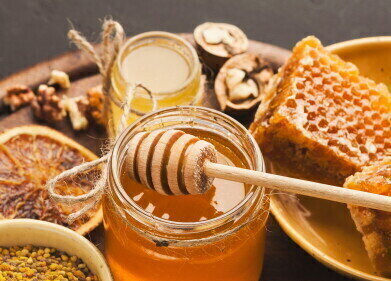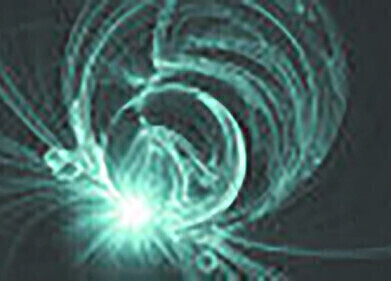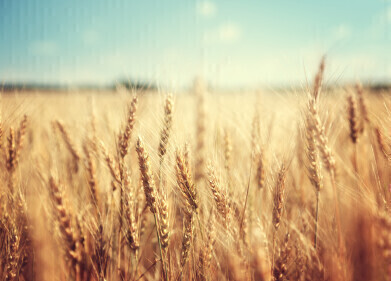LC-MS
Can Strawberry Seeds Be Used as Food Supplements?
Jul 28 2017
Strawberries used to be a summer treat — an expensive luxury that appeared only when Wimbledon was on one of the three TV channels available. Nowadays of course, with the advent of polytunnels and increased consumer demand they are available twelve months of the year. Delicious with a spot of cream.
But soon you might be eating another type of strawberry — the seeds. A recent paper published in the journal LWT – Food Science and Technology — titled ‘Defatted strawberry seeds as a source of phenolics, dietary fiber and minerals’ — suggests that strawberry seeds could be the next thing to hit the health food market.
Supplement industry
The food supplement industry in the UK is big business — which might be surprising as the UK was described in some media reports as the ‘fat man of Europe’ in 2016. According to the United Nation report, the UK has the highest levels of obesity in Western Europe.
But, that didn’t stop the UK consumers spending over £400 million on vitamins and supplements each year. Almost 65% of us take some form of vitamins or supplements daily — adding up to a lot of pills. As the market matures it changes, and rather than take a ‘cure-all’ we are increasingly taking targeted supplements — whether age-related or targeted at some specific benefit.
So, where do strawberry seeds fit into this market?
Strawberry seeds forever
The researchers — from Lodz University of Technology in Poland — were interested in the nutrients that could be found in strawberry seeds. Seeds from other plants — sunflower seeds, hemp seeds, sesame seeds and chia seeds — have been shown to be full of micronutrients that we can struggle to get from other food sources. Plus, seeds are full of protein, essential fats, minerals and dietary fibre — all without putting weight on.
The researchers analysed seeds from three consecutive harvests by separating the seeds from the flesh and juice and then defatting the seeds using carbon dioxide. Seeds are defatted as they are easier to analyse for nutrients. They then carried out tests to measure the protein content, total dietary fibre and polyphenols in the seeds.
Money in waste
The researchers found that the seeds comprised mainly of dietary fibre — with almost 74% of the seeds weight comprised of fibre. Proteins made up almost 17% of the seeds weight. They used liquid chromatography to measure the quantity of polyphenols in the seeds which they found to be around 1.7% of the seeds weight. The use of chromatography to analyse fruit and veg is discussed in this article, LC-MS/MS and GC-MS/MS Multi Residue Pesticide Analysis in Fruit and Vegetable Extracts on a Single Tandem Quadrupole Mass Spectrometer.
With their high fibre and protein content, the authors suggest that strawberry seeds could have a potential for use as a food supplement — which is great news for manufacturers who make strawberry juice as the seeds are a waste product.
Events
Apr 22 2025 Kintex, South Korea
Analytica Anacon India & IndiaLabExpo
Apr 23 2025 Mumbai, India
Apr 27 2025 Portland, OR, USA
May 11 2025 Vienna, Austria
May 18 2025 Tempe. AZ, USA












